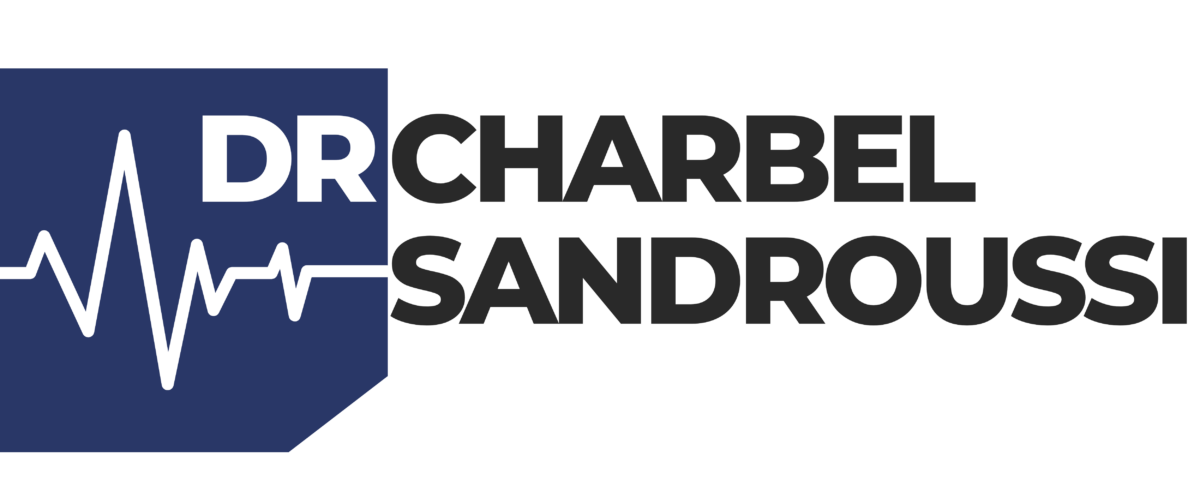The Condition
A hernia occurs when tissue bulges out through an opening in the muscles. Any part of the abdominal wall can weaken and develop a hernia. The most common sites are the groin (inguinal), ventral hernias such as those developing at the belly button (umbilical) or from a previous surgical incision site (incisional). There are also slightly less common hernias where your stomach can herniate into your diaphragm (hiatus). Most of these hernias can be repaired minimally invasively through small incisions but some complex or minor hernias may be repaired through an open incision.


